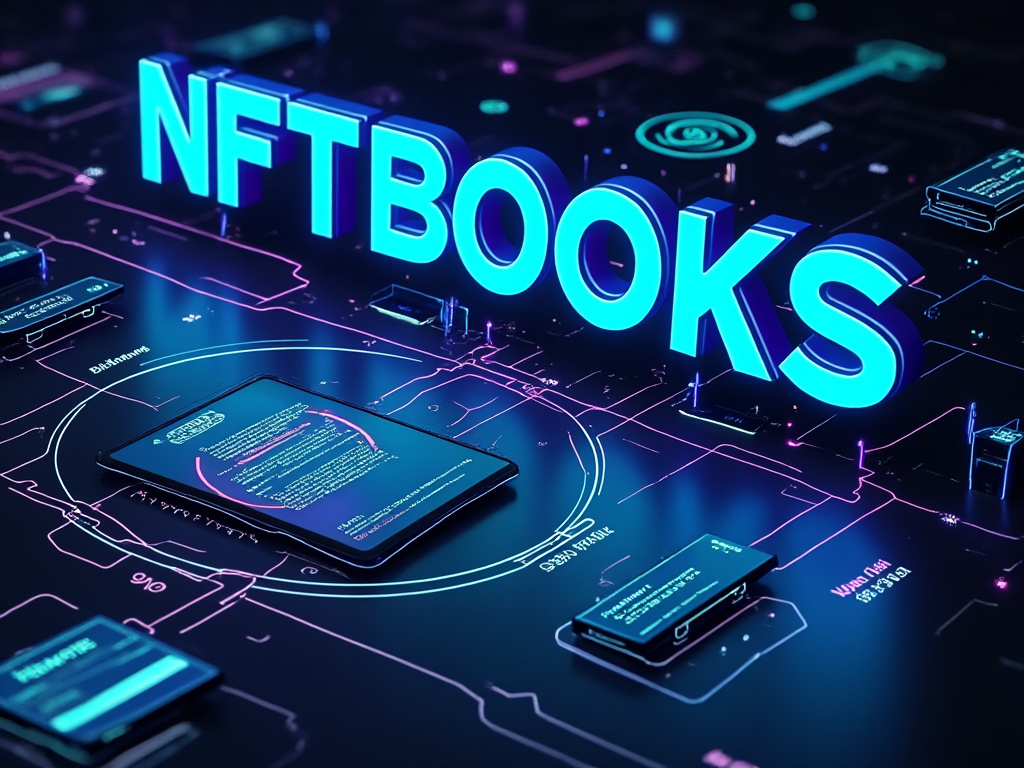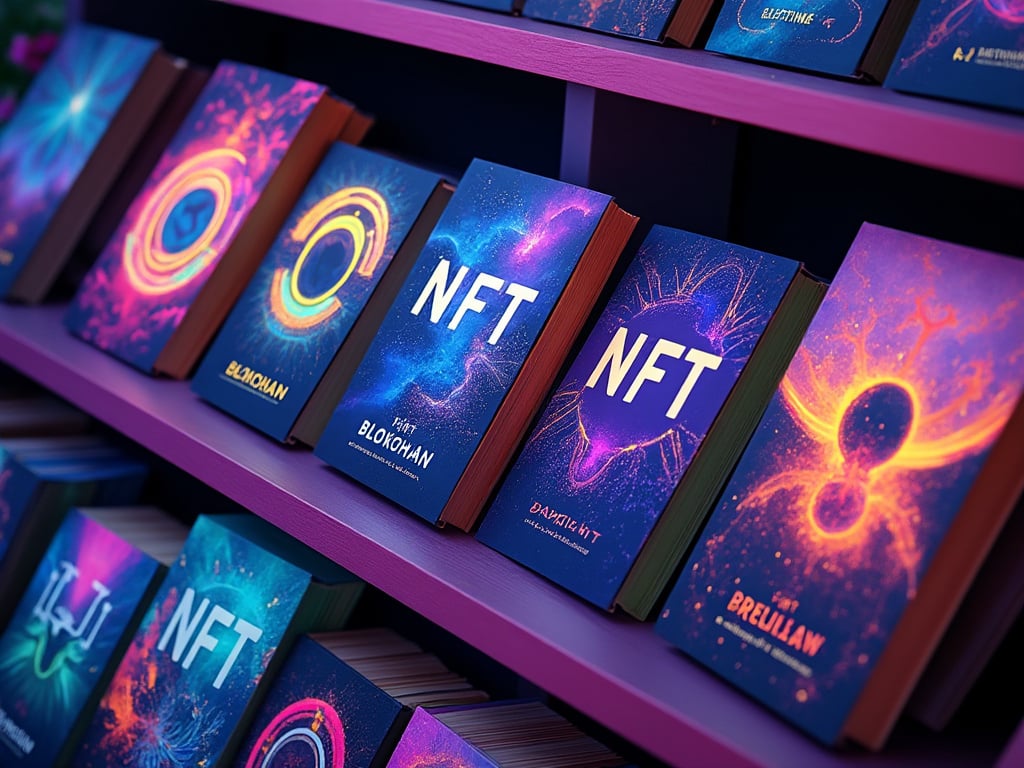Utility tokens are an essential part of the cryptocurrency landscape, offering various functionalities beyond mere value transfer. Unlike traditional cryptocurrencies such as Bitcoin, which primarily serve as a medium of exchange, utility tokens are designed to provide access to a specific product or service within a blockchain-based ecosystem. These tokens play a vital role in decentralized applications (dApps) and platforms, enabling users to perform actions like voting, staking, or participating in governance. Understanding utility tokens and their unique capabilities can help investors make informed decisions and find the best utility coins to include in their portfolios.

What Are Utility Tokens?
Utility tokens are digital assets that grant holders specific rights or privileges within a blockchain ecosystem. Unlike security coins, which represent ownership in an asset or a company, utility coins are not designed as investments. Instead, they provide users with access to a network’s services or features. For example, a utility token might be used to pay for transaction fees on a blockchain or to access premium content within a decentralized application.
The appeal of utility tokens lies in their ability to foster participation within a blockchain community. By incentivizing users to engage with the network, these tokens help maintain the platform’s vitality and sustainability. As the use of blockchain technology continues to grow, so does the demand for utility tokens, leading many investors to seek the best utility tokens that offer real-world use cases and growth potential.
The Role of Use-Case Tokens in Blockchain Networks
In the blockchain ecosystem, utility tokens serve multiple functions. These range from governance to transaction processing. They can be seen as the fuel that powers decentralized applications (dApps). For instance, in decentralized finance (DeFi), these tokens might be used to stake or vote on key decisions. This ensures that the network remains secure and aligned with its users’ interests.
One of the main advantages of use-case tokens is their ability to create a self-sustaining economic model within a platform. By issuing these tokens, a platform can reward users for their participation or contributions. For example, users might provide liquidity or validate transactions. This incentivizes user engagement and ensures the platform remains decentralized and user-driven.
A well-known example is Ethereum. The native utility cryptocurrency, Ether (ETH), is used to pay for transaction fees and smart contract execution. Similarly, Binance Coin (BNB) started as a use-case token on the Binance Exchange. It provided users with trading fee discounts and access to exclusive offerings.
Popular Utility Tokens and Their Use Cases
There are several notable utility tokens in the market today, each with its unique set of use cases. Here’s a Utility coins list that highlights some of the most popular and widely recognized Coins:
- Chainlink (LINK): Used for data oracles that feed real-world data to smart contracts.
- Uniswap (UNI): Serves as a governance token for the Uniswap decentralized exchange, allowing holders to vote on protocol changes.
- Basic Attention Token (BAT): Powers the Brave browser ecosystem, rewarding users and content creators for attention and engagement.
- Filecoin (FIL): Enables decentralized storage, allowing users to rent storage space on the blockchain.
Each of these tokens serves a distinct purpose, showcasing the diversity and potential of utility tokens within various blockchain ecosystems. When evaluating the best Use-Case Tokens, investors should consider the token’s utility, the platform’s user base, and the overall market demand.
How to Invest in Utility Tokens
Investing in utility tokens requires a solid understanding of the project and its long-term viability. Unlike other forms of cryptocurrency, these tokens derive their value from their function within a specific ecosystem. Therefore, investors should look for projects with strong fundamentals, an active user base, and a clear roadmap for future development.
When considering an investment, it’s crucial to differentiate between utility tokens and other types of digital assets. Utility coins are designed for use within a specific platform, and their value is closely tied to the success of that platform. As such, investing in utility tokens involves a different set of considerations compared to more traditional cryptocurrencies or security coins.
NFTBOOKS: A Unique Use Case for Utility Tokens in Publishing
One of the most innovative applications of blockchain technology in recent years has been in the field of digital publishing. NFTBOOKS, a top self-publishing platform on the blockchain, leverages the power of utility coins and smart contracts to revolutionize how books are published, sold, and read. Based in Australia and Certik audited, NFTBOOKS offers unique features such as perpetual royalty income for authors, rental income for readers, and the ability to resell books—all secured and automated through smart contracts. These features ensure a transparent and efficient ecosystem where both authors and readers can benefit from their engagement. By integrating blockchain technology into the publishing process, NFTBOOKS is setting a new standard for digital content distribution and monetization.

Future Trends in Utility Tokens
The future of utility tokens looks promising as more projects explore the potential of blockchain technology to disrupt traditional industries. We are already seeing an increase in the adoption of function tokens across various sectors, including gaming, finance, and digital identity. This growing interest is likely to drive further innovation and expansion of utility coins, making them a critical component of the blockchain ecosystem.
You might be interested in reading this Gas Fees in Blockchain Transactions as well.
The evolving role of Use-Case Tokens in decentralized finance and how they are reshaping the financial landscape. As blockchain technology matures, we can expect utility tokens to become more integrated into everyday applications, offering new and exciting opportunities for both users and investors.
Final Thoughts
Use-Case tokens are more than just a buzzword in the cryptocurrency world; they represent a fundamental building block of blockchain technology. By providing access to decentralized networks and applications, these tokens help drive innovation and adoption within the crypto space. As the demand for utility coins continues to grow, understanding their purpose and potential will be key for anyone looking to navigate the evolving landscape of digital assets.
In conclusion, the best utility tokens offer real-world use cases and a clear value proposition, making them an attractive option for investors. By staying informed and carefully evaluating different tokens and projects, investors can find promising opportunities in this dynamic and rapidly evolving market.







